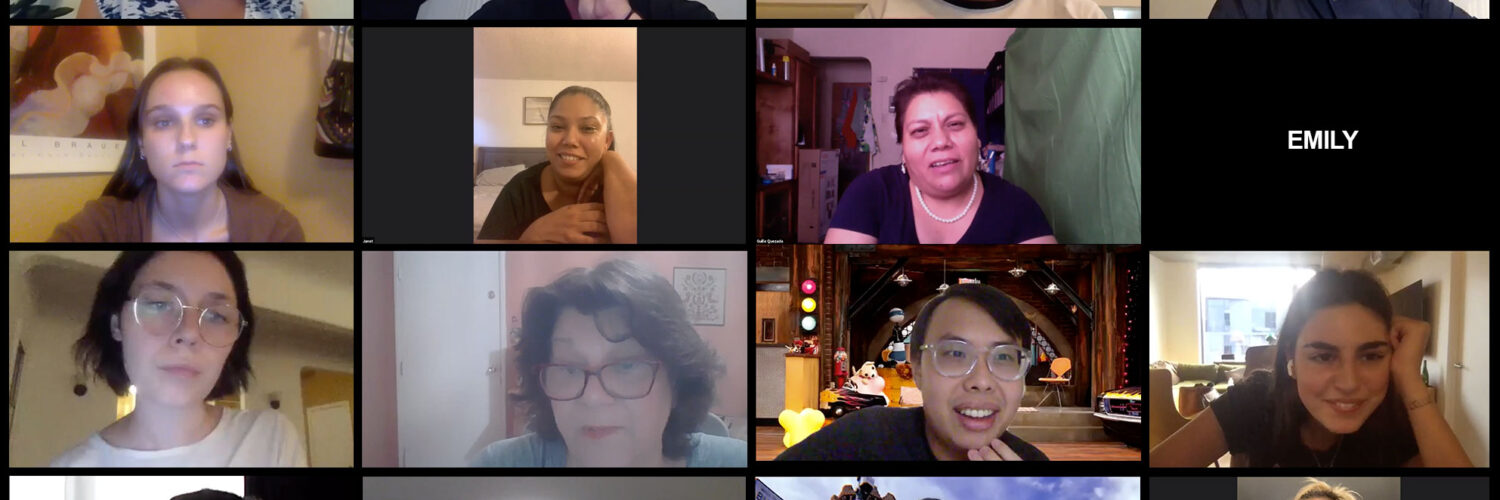JOVRNALISM Partners with East LA Women’s Center to Produce Immersive Journalism Stories
Students at the University of Southern California Annenberg School for Communication and Journalism teamed up with the East LA Women’s Center (ELAWC) to produce an immersive visual journalism series. Under the instruction of Professor Robert Hernandez and his JOVRNALISM™️ program, eight students worked remotely with participates selected by ELAWC to produce stories about their lives after surviving domestic abuse.
Because of the COVID pandemic, each participate was shipped their own 360/VR recording kit and was trained on how to use the new technology to tell their own stories, alongside USC students ranging from majors including Computer Science, Public Relations and Journalism.
“The collaboration with USC JOVRNALISM gives voice to survivors of domestic and sexual violence who often were silenced and disempowered,” said Barbara Kappos, Executive Director of the ELAWC. “They are enthusiastic to share their stories and let their voices be heard.”
The produced four immersive pieces and is the latest installment from the ongoing “Who We Are” series.
“JOVRNALISM has had a track record of innovation and collaboration, when it comes to working with underserved, underrepresented communities,” said Hernandez. “It’s a humbling and powerful experience for students to hear these stories and help elevate these voices through a class like this.”
JOVRNALISM student Kevin Lu, a junior public relations student at USC Annenberg, echoes the sentiment, “I joined the JOVRNALISM course this semester because it’s filled with incredible individuals who are committed to advancing storytelling through innovative technologies related to VR and AR.”
JOVRNALISM™️ is an award-winning VR journalism program at USC Annenberg, recently winning Society of Professional Journalists’ Mark of Excellence “Best in Show,” the highest accolade for student journalism. Project alums have gone on to work at places like the Emblematic Group, KTLA, LA Times, Google, National Geographic and The New York Times.
This semester’s project was funded by the Heeger Fund, which funded the expenses around the project, which additional support from SGO and Samsung.
ELAWC started in 1976 as the first 24/7 Spanish language crisis hotline for survivors of sexual violence in Southern California. Today, it serves the Los Angeles area with an interconnected model of culturally responsive and trauma informed services for survivors of sexual violence and their families, with a particular focus on Latino community.

